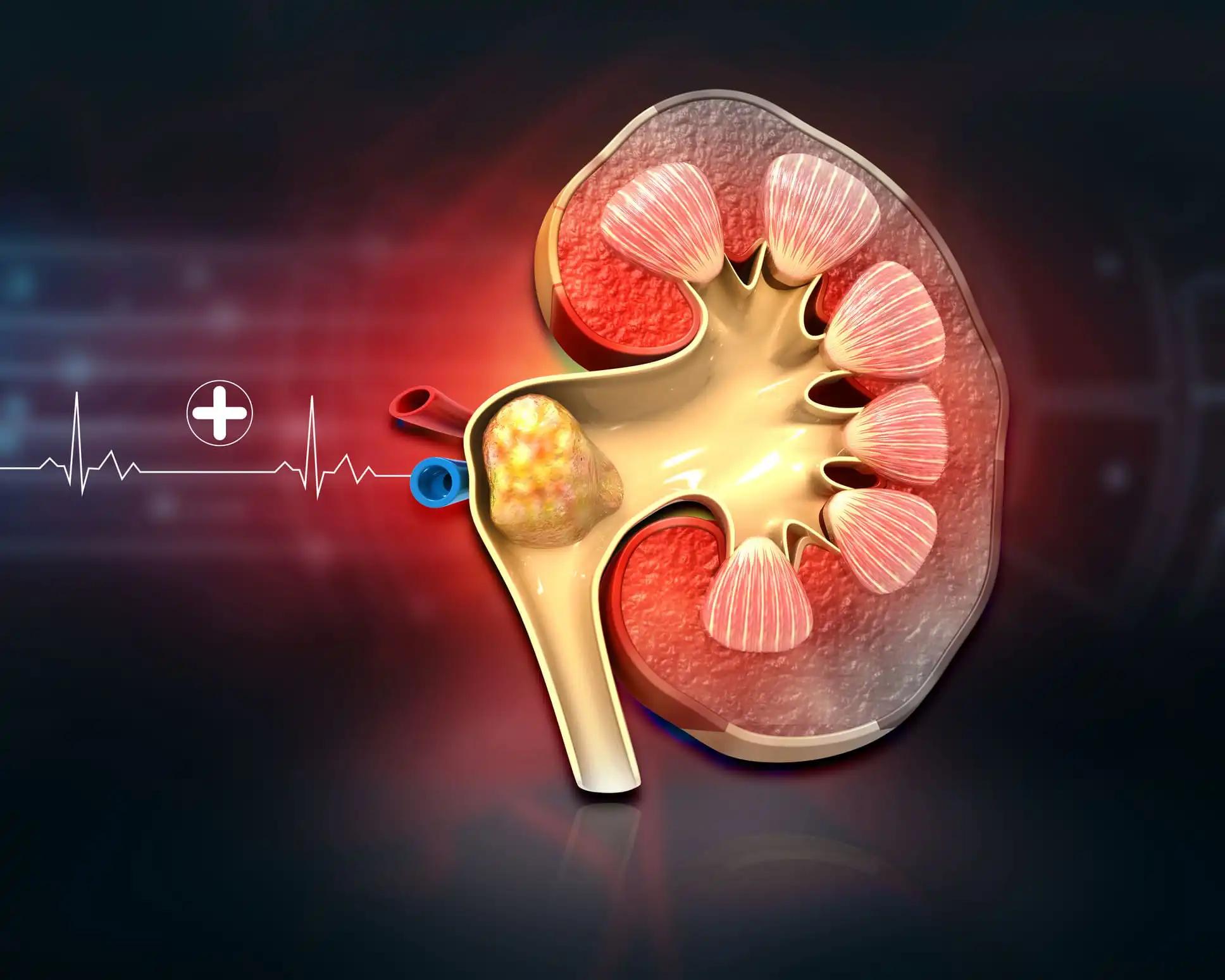KEY TAKEAWAYS
- BOOST Phase III trial was an exploratory study into whether the efficacy of bevacizumab combination treatment for ovarian cancer can be increased by increasing the duration of the treatment.
- The Primary Outcome Measure of the trial was PFS which remained comparable between both arms of the study; ORR, OS, and HRQoL were among the secondary outcome measures.
- The safety profile of the duration of treatment was also assessed during the study.
- Bevacizumab treatment for 30 months did not improve PFS or OS in ovarian cancer.
The Phase III BOOST trial aimed to contrast front-line chemotherapy and standard versus extended-duration bevacizumab treatment in women with recently diagnosed stage IIB-IV epithelial ovarian, fallopian tube, or peritoneal cancer. Investigator-assessed progression-free survival (PFS) per RECIST version 1.1 served as the main endpoint. Safety, tolerability, and overall survival (OS) were considered secondary end goals.
Patients underwent primary cytoreductive surgery followed by six cycles of chemotherapy (paclitaxel 175 mg/m2 plus carboplatin area under the curve 5 once every 3 weeks) and bevacizumab (15 mg/kg once every 3 weeks). Depending on the stage and residual tumor, according to the International Federation of Gynecology and Obstetrics, patients were randomly allocated to receive bevacizumab for either 15 or 30 months.
In this 2-arm study, all patients were given bevacizumab followed by paclitaxel and carboplatin on the first day. The treatment cycle was repeated every 3 weeks for 6 cycles. After which, the patients received bevacizumab alone. The difference was that the bevacizumab alone treatment continued for 16 cycles in the control arm, while the treatment continued for 38 cycles in the experimental arm.
927 individuals were randomly chosen between November 11, 2011, and August 6, 2013. Between treatment arms, there was no change in PFS (hazard ratio, 0.99; 95% CI, 0.85 to 1.15; unstratified log-rank P =.90). With normal versus extended durations of bevacizumab, the median PFS was 24.2 versus 26.0 months, respectively; restricted mean PFS was 39.5 versus 39.3 months, respectively. Between treatment arms, there was no change in OS (hazard ratio, 1.04; 95% CI, 0.87 to 1.23; P =.68).
According to the known safety profile of standard bevacizumab, serious/non-serious adverse events of particular interest occurred in 29% versus 34% of patients in the standard versus experimental arms, respectively.
Patients with primary epithelial ovarian, fallopian tube, or peritoneal cancer did not experience a better PFS or OS with longer bevacizumab therapy periods lasting up to 30 months. The recommended therapy course for bevacizumab is still 15 months.
Source: https://ascopubs.org/doi/10.1200/JCO.22.01010?url_ver=Z39.88-2003&rfr_id=ori:rid:crossref.org&rfr_dat=cr_pub%20%200pubmed
Clinical Trial: https://clinicaltrials.gov/ct2/show/NCT01462890
Pfisterer, J., Joly, F., Kristensen, G., Rau, J., Mahner, S., Pautier, P., El-Balat, A., Kurtz, J. E., Canzler, U., Sehouli, J., Heubner, M. L., Hartkopf, A. D., Baumann, K., Hasenburg, A., Hanker, L. C., Belau, A., Schmalfeldt, B., Denschlag, D., Park-Simon, T. W., Selle, F., Jackisch C., Burges A., Lück H. J., Emons G., Meier W., Gropp-Meier M., Schröder W., de Gregorio N., Hilpert F. & Harter, P. (2023). Optimal Treatment Duration of Bevacizumab as Front-Line Therapy for Advanced Ovarian Cancer: AGO-OVAR 17 BOOST/GINECO OV118/ENGOT Ov-15 Open-Label Randomized Phase III Trial. Journal of clinical oncology : official journal of the American Society of Clinical Oncology, 41(4), 893–902. https://doi.org/10.1200/JCO.22.01010



